News & Media
Transformative knowledge and actions towards gender-based violence
The Head of Institute for Gender Studies at Unisa, Professor Nokuthula Mazibuko opened the research seminar. She states that femicide, rape, sexual violence and gender based-violence are very common crimes in South Africa. As a result, it is impossible to quantify the full extent of this social ill and the statistics tend to underestimate the full extent, as many victims do not come forward. The societies need to take cognisance of the physical, emotional and sexual violence experienced by victims and survivors of violence. Such seminars are safe spaces to talk about gender based-violence in order to heal, transform and change dominant narrative of patriarchy.
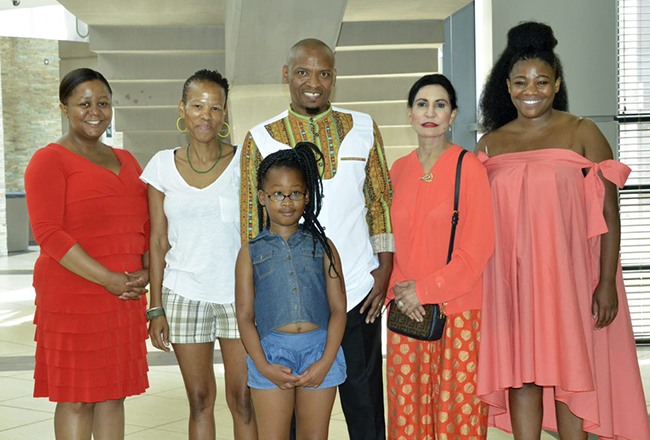
From left: Prof. Nokuthula Mazibuko, Head of the Institute for Gender Studies, Tapuwa Moore, Human Rights Activist, Dr Kgamadi Kometsi, Lecturer at the University of Johannesburg, Dr Shaheda Omar, Clinical Director at Teddy Bear Foundation, Siwuyisile Wonci, Programme Director and Tapuwa Moore’s daughter (Front).
Dr Shaheda Omar, a Clinical Director of Teddy Bear Foundation started by asking the audience, “Which one of you is a perpetrator? Can you identify who a perpetrator is? What does he or she look like?” She pointed out that a perpetrator is anyone? In most cases, is known to the victim and that intimate partner violence is common in South Africa. Children as young as five and six year old are rapists and bullies in school. This is through learnt behaviour from homes and societies. Cases of violence are underreported and the negative response from police tends to silence the victims. Omar and Mazibuko spoke of the importance of providing gender and moral education from primary school level all the way to the tertiary level of education to ensure a better tomorrow. Omar spoke of using words such as “safe” and “unsafe” instead of “good” and “bad” when educating children about their sexuality.
Tapuwa Moore a human rights activist, writer, director and theatre practitioner began her presentation by acting an emotional but true scene on the daily life of a lesbian woman in a township, reporting a rape case at a police station. A particular manifestation of rape for which South Africa is known for internationally, is the practice of “corrective or curative rape,” brutal and violation under the name of “correcting /curing” their sexual orientation. She also performed an excerpt from her play titled “The pregnant lesbian”, demonstrating how art, specifically theatre, can be used as a healing, educating and transformative process.
Dr Kgamadi Kometsi a senior lecturer at the University of Johannesburg was the third speaker. He stated that victims of gender-based violence use their emotional capacity to the maximum when dealing with the trauma of the pain inflicted on them, and that makes it difficult for them to deal with life’s hardships. Therefore, it is extremely hard for child victims to live a “normal” life. Ending gender based-violence requires everyone’s effort and create awareness that men are brutally violated also and should not be left behind in this transformation. Kometsi stated that the violation of young boys is not readily talked about and as society; we are all implicated one way or another.
The speakers at the seminar agreed that healing and transformation can only happen through a joint effort of all members of society. Transformation therefore needs to happen from the conception of a child all the way to his or her adult life.
*By Yolanda Shoniwa, Assistant Researcher at the Institute for Gender Studies, Unisa
Publish date: 2019-11-20 00:00:00.0

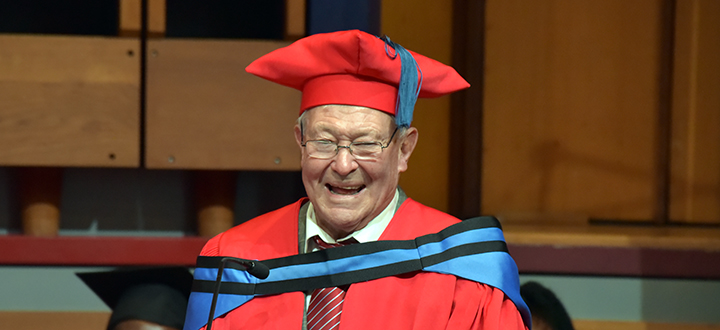 Community champion and agricultural entrepreneur extraordinaire honoured by Unisa
Community champion and agricultural entrepreneur extraordinaire honoured by Unisa
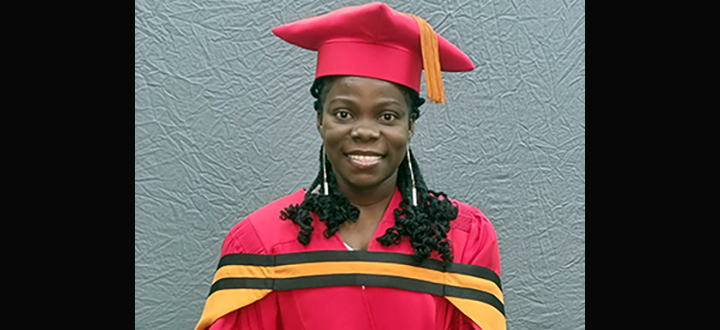 Ghanaian-born Swede earns PhD in Information Sciences from Unisa
Ghanaian-born Swede earns PhD in Information Sciences from Unisa
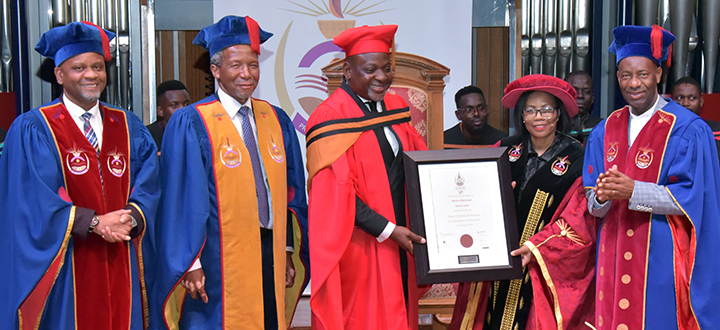 Unisa awards honorary doctorate to exemplary philanthropist and entrepreneur Collen Tshifhiwa Mashawana
Unisa awards honorary doctorate to exemplary philanthropist and entrepreneur Collen Tshifhiwa Mashawana
 Inhlanyelo Hub explores financing and sustainability at the International Conference on Business Incubation
Inhlanyelo Hub explores financing and sustainability at the International Conference on Business Incubation
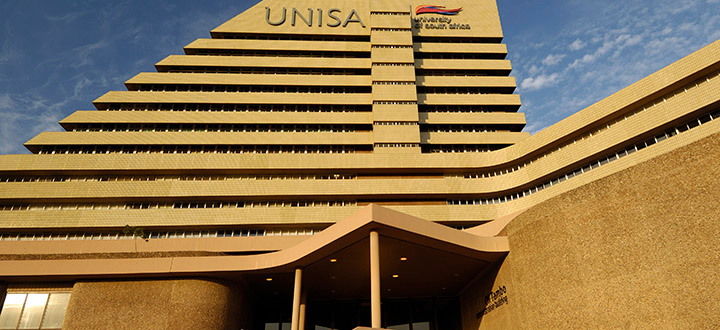 Unisa remains anchored among the waves
Unisa remains anchored among the waves